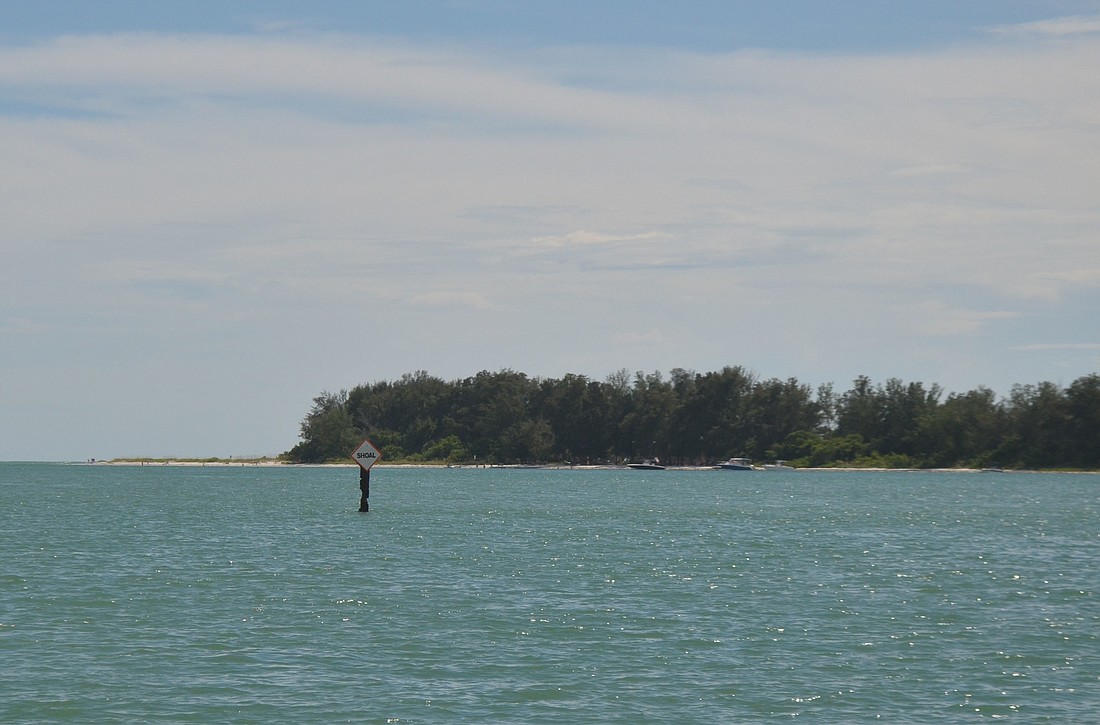- January 6, 2025
-
-
Loading

Loading

After years of lobbying from concerned Siesta Key residents, the Sarasota County Commission is making a move to prevent the U.S. Army Corps of Engineers from dredging Big Pass — until more information is available, at least.
On Tuesday, the commission voted 5-0 to request an environmental impact statement regarding the city of Sarasota’s plan to renourish Lido Key with sand from Big Pass.
An environmental impact statement is the next — more robust — step following an environmental analysis, which the Army Corps of Engineers performed in 2002 and updated in 2015 after identifying Big Pass as a potential dredging site. No environmental impact statement has been submitted because the Corps filed a “finding of no significant impact” regarding the environmental effects the dredge.
However, several Siesta Key organizations, including the Siesta Key Association, have voiced skepticism regarding the Army Corps’ conclusion. The SKA wrote a letter to county commissioners in July requesting that they petition the Army Corps to withdraw the “finding of no significant impact” and submit an environmental impact statement.
According to county staff’s presentation to commissioners, the content of an environmental analysis is similar to an environmental impact statement, but the latter provides a more detailed explanation of the possible environmental effects.
According to county staff, the statement would serve as an acknowledgement that the project will have a significant environmental impact, but does not serve any regulatory function. It is used to inform the decision-makers ahead of permit issuance only.
Still, Siesta stakeholders hope the environmental impact statement will force the city and the Army Corps to identify alternatives to dredging Big Pass.
“I think the (statement) will hopefully allow more thoughtful planning,” SKA Second Vice President Catherine Luckner said.
The Army Corps of Engineers identified Big Pass as a potential dredging site in 2014, citing the county’s 2010 inlet management plan as evidence that the ebb shoal is a suitable sand source for renourishment.
Since then, various Siesta Key residents and organizations have voiced opposition to the project, citing concerns that the dredge will cause unintended environmental consequences on the Siesta shoreline.
In addition to the commission’s request that the Army Corps of Engineers file an environmental impact statement, the commission will be filing a compliant with the Florida Department of Environmental Protection regarding the city’s plan to use Ted Sperling Park as a staging ground for the project.
The Army Corps is currently waiting to hear from the FDEP on whether the state agency will issue an intent to issue permits for the project or request more information. Stakeholders believe an announcement regarding that notice may be imminent.
According to Erica Skolte, a spokeswoman for the Army Corps of Engineers, the corps is currently preparing a formal response to the request, which will become public once it has been sent to the county. Skolte emphasized the corps has and will continue to follow proper procedure.
Lido Key Residents Association President Carl Shoffstall said he is disappointed by the ruling and fears the decision will delay the project.
“We cannot even afford a minor storm to come across here,” Shoffstall said. “It’s so eroded.”
City of Sarasota Engineer Alex DavisShaw she was surprised to hear about the county’s ruling and does not yet know if the decision will delay the project.
“We were surprised when we know that Lido Beach is in dire need of sand,” DavisShaw said. “Our biggest concern is to provide protection to the birds, turtles and boats that use Lido Beach.”